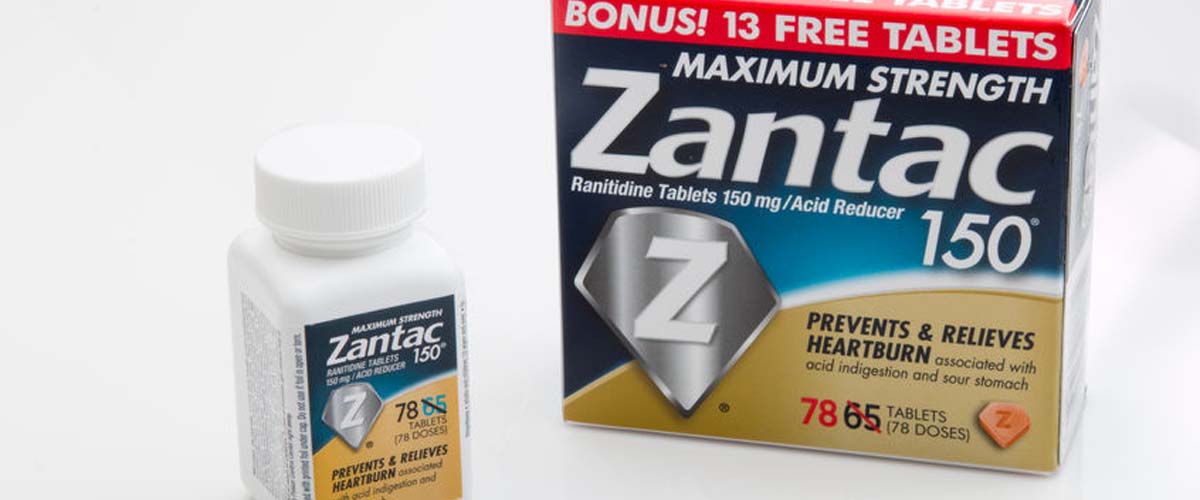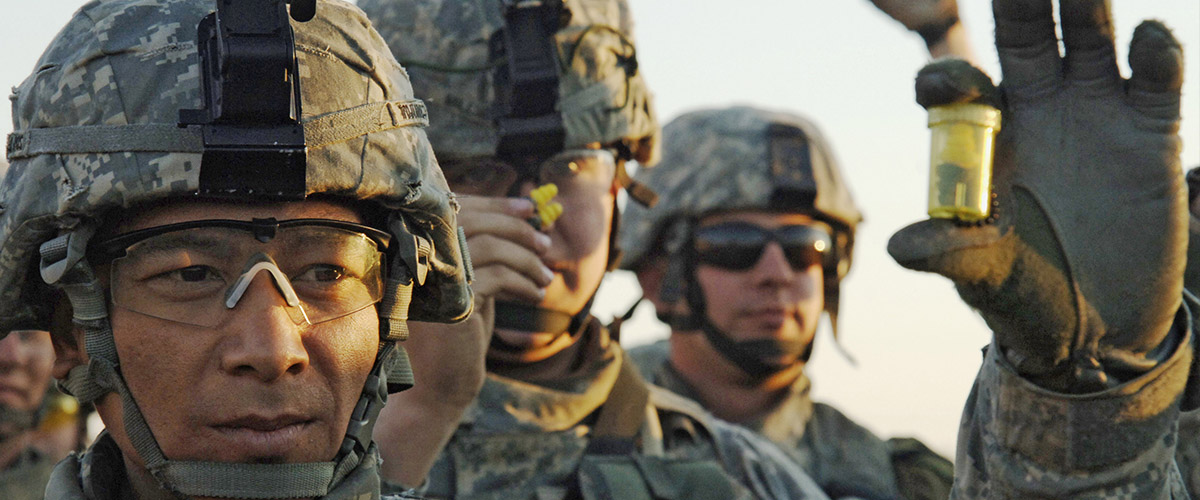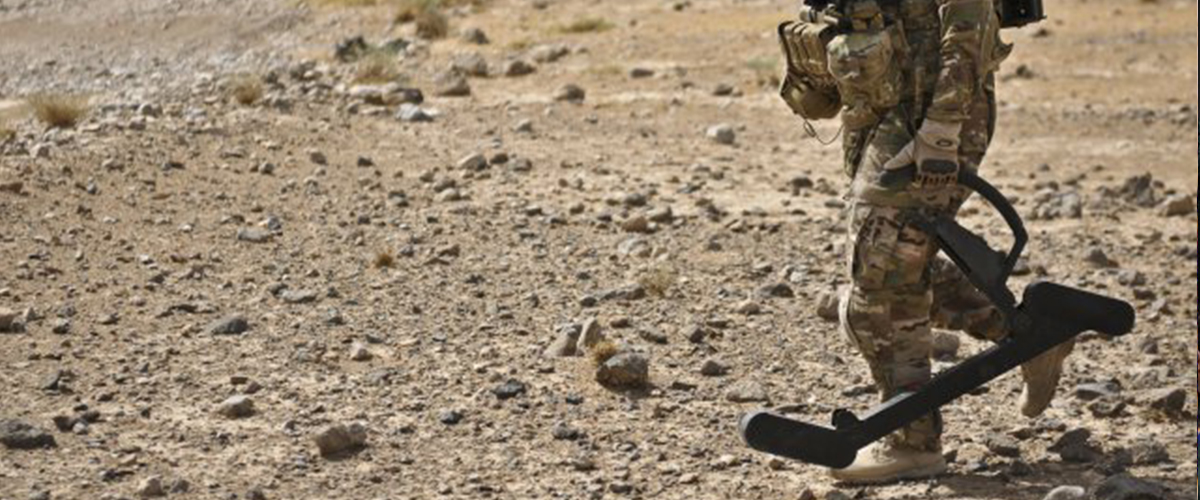
Military Beneficiaries Urged to Stop Taking Zantac
The U.S. Food and Drug Administration (FDA) ordered the removal of the popular heartburn drug, Zantac, on April 1 from store shelves. Zantac’s active ingredient, ranitidine, has been linked to several cancers. Military beneficiaries who are prescribed Zantac are urged to speak with their physician to discuss safer alternatives.
Zantac is commonly known as an over-the-counter heartburn medication. However, there is also a prescription form of Zantac used to treat more serious conditions such as ulcers and chronic digestion issues such as GERD.
What was Zantac used to treat?
The active ingredient in Zantac, ranitidine, reduces the amount of acid in your stomach—aiding in the prevention and treatment of ulcers. Zantac is a tablet that was to be taken orally ranging from once to four times daily. Available in both over-the-counter and prescription, Zantac was used to treat the following conditions:
- GERD
- Zollinger-Ellison Syndrome
- Ulcers
- Erosive Esophagitis
Service members are disproportionately affected by gastrointestinal diseases. Gastrointestinal diseases are a common VA disability, as they are service-related conditions since they are caused by environmental factors and stress.
Why is Zantac dangerous?
The Defense Health Agency announced to military beneficiaries that Zantac may be contaminated with N-Nitrosodimethylamine, also known as NDMA. The World Health Organization (WHO) has NDMA listed as a possible human carcinogen by consumption.
Additionally, NDMA may contribute to several cancers including:
- Stomach Cancer
- Liver Cancer
- Bladder Cancer
- Pancreatic Cancer
- Kidney Cancer
- Non-Hodgkins Lymphoma
- Prostate Cancer
- Colorectal Cancer
- Esophageal Cancer
- Multiple Myeloma
- Small Intestine Cancer
Zantac has been on shelves since 1983 as a member of the class of medications known as histamine h2-receptor antagonists. After nearly 40 years on the market, the product was recalled and thousands of Zantac lawsuits have been filed. If you have been diagnosed with cancer after taking Zantac, our VLAP team is here to help connect you to a knowledgeable legal professional.
Dispose of your medicine safely
When disposing of expired, recalled, or unused medications it is important to do so properly. You wouldn’t want to risk injuring someone that got their hands on the no-longer-needed medication. There are a few appropriate ways to disposes of old medications:
- Drug take-back programs. Check with your local law enforcement to see when your communities scheduled drug take-back day is scheduled. If there are none shortly, many pharmacies and hospitals accept unwanted drugs.
- Household trash. Most over-the-counter and prescription medication can be thrown out in your household trash bin. Before tossing away the unneeded drugs, make sure to remove any personally identifiable information.
- Flushing. Certain medications state on the label to flush unused drugs. These medications are likely dangerous to those who were not prescribed. If you are unsure whether your medication needs to be flushed, you can check the FDA’s flush list.
How to dispose of medication during COVID-19
Covid-19 has disrupted many drug take-back programs, however, the FDA provides tips on how to dispose of medication at home safely.
- Mix the medication with unappealing substance like cat litter or dirt.
- Place the mixture into a sealable container so children can not easily obtain access.
- Remove personal information, and throw away the container.
Our VLAP promise
If you, a loved one, or fellow veteran has been diagnosed with cancer after taking Zantac, contact us to be connected with one of our trusted legal advisors.



